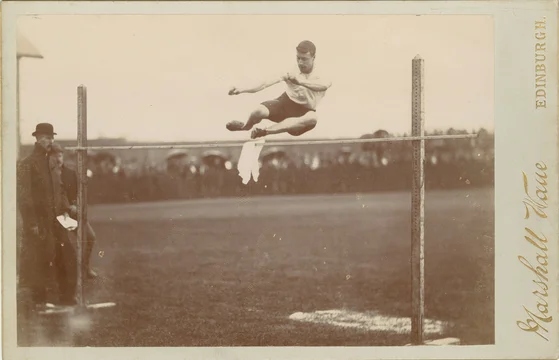Many years ago, before Andrew made me put a picture in EVERY TURTLE-CURSED POST, I wrote a post about the very easiest Daubert motion to win. As a brief refresher, it turned out to be a motion to exclude a damages experts reliance on a jury verdict point as the starting point for a hypothetical negotiation. Both Judge Andrews and Judge Burke were particularly firm on the issue, coming just short of setting a bright-line rule:
A jury verdict does not represent evidence from which a hypothetical negotiation can be reliably determined. A jury verdict represents the considered judgment of twelve (or maybe fewer) random non-experts as to what a hypothetical negotiation would have resulted in for the patent(s) at issue. It is, at best, an informed lay opinion. . . . . An informed lay opinion is not a reliable basis for determining the reasonable royalty rate that a hypothetical negotiation would reach.
Sprint Communications Company L.P. v. Charter Communications, Inc, C.A. No. 17-1734-RGA, D.I. 573 (D. Del. Mar. 16, 2021).
The Court is not prepared to say a patent damages expert may never, under any circumstances, rely on a jury verdict from a case involving different parties and different patents in order to help frame what is a reasonable royalty in a given case
Princeton Dig. Image Corp. v. Ubisoft Entm't SA, Civil Action No. 13-335-LPS-CJB, 2018 U.S. Dist. LEXIS 213987, at *4 (D. Del. Dec. 11, 2018).
Today, Judge Andrews issued another opinion setting forth what looks to be pretty close to a bright line rule on a different damages issue: licenses with "monetization entities."

The plaintiff in ViaTech Techs., Inc. v. Adobe Inc., No. 20-358-RGA (D. Del. Sept. 14, 2023) (Mem. Op.) was apparently going through a pretty time and was negotiating with various monetization entities like Acacia and IP Nav (I think we can just say trolls at this point). Under these agreements, they would have gotten some initial lump sum and then a share of the proceeds of "enforcement."
Unsurprisingly, negotiations involved pretty low initial lump sums. So when defendnat's damages expert used them as an input in their royalty analysis, they came out with a pretty low number. Plaintiff then moved to exclude that analysis, and Judge Andrews granted the motion:
the transactions with the monetization companies do not appropriately value the '567 patent and Dr. Moody does not account for the recovery sharing between the entity and ViaTech. . . These agreements and offers do not show what ViaTech valued the '567patent at during the time of the hypothetical negotiation. At best, they show that ViaTech valued the '567 patent at something greater than the initial payments, i.e., the initial payment plus whatever profit the patent generates.
ViaTech Techs., Inc. v. Adobe Inc., No. 20-358-RGA at 28 (D. Del. Sept. 14, 2023) (Mem. Op.).
In briefing the issue, both parties cited Judge Andrews' ruling in In re ChanBond, LLC Pat. Litig., 2020 WL 550786 (D. Del. Feb. 4, 2020) where he had also excluded the use of transactions with "monetization entities" from a reasonable royalty analysis. In that case, however, there was the additional factor that the transactions occurred long after the hypothetical negotiation date. Here, there was no such issue and the "transactions occurred a decade before the suit was filed and were contemporaneous with the hypothetical negotiation date." Id.
So there you go. A nice clean rule.
If you enjoyed this post, consider subscribing to receive free e-mail updates about new posts.




